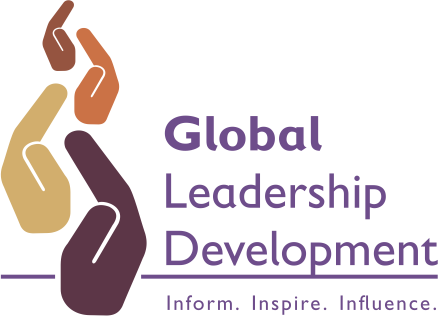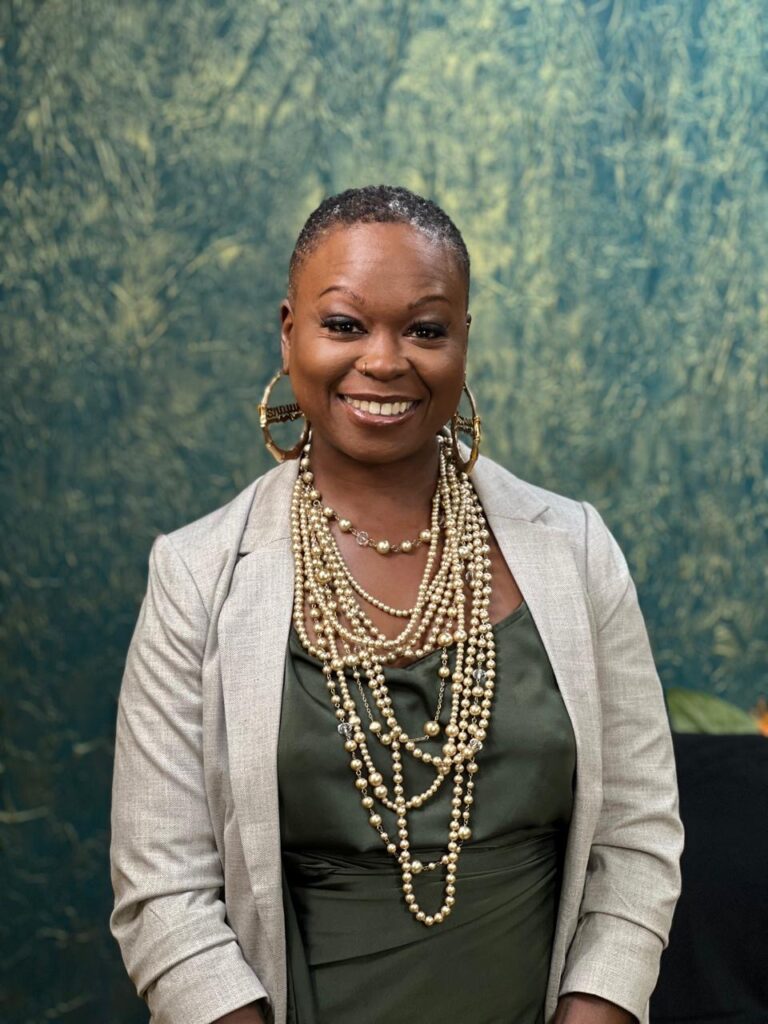8 Distinct Ways You Can Embody Gravitas: Expanding Our Understanding of Confidence
Introduction
Confidence is often misunderstood, with many assuming it is limited to traits like assertiveness or dominance. Lisa Sun’s book, Gravitas: The 8 Strengths that Redefine Confidence, challenges this notion by expanding the definition of confidence into eight distinct strengths.
Lisa is the founder and CEO of Gravitas, a clothing company designed to help women regain confidence through fashion. The concept of “gravitas” first became personal to her when she received the following feedback as a young consultant at McKinsey:
“Lisa comes across as young and overly enthusiastic at times. She should seek to have more gravitas.”
For many, confidence fluctuates based on experiences, self-perception, and external validation. Lisa’s approach makes confidence accessible by showing that each person naturally embodies certain strengths that contribute to their unique confidence language.
The Eight Confidence Languages
1. Leading
Leadership-oriented individuals thrive in setting direction, inspiring others, and taking charge. Their confidence is evident in their ability to mobilize teams toward a common goal.
Those who have held leadership roles for a long time may experience moments of self-doubt, especially after career transitions or setbacks. However, leadership confidence is often rediscovered over time, particularly when stepping back into influential roles.
2. Performing
People who resonate with this confidence language are at ease in the spotlight. They excel in environments that require them to deliver, present, or engage with an audience.
Public speakers, actors, and educators often possess this trait. Many develop it over time—what may have once been an intimidating experience can become a strength through practice and exposure.
3. Achieving
Achievers derive confidence from goal setting and accomplishment. They are highly driven and motivated by results.
Those who exhibit this confidence language tend to push themselves to exceed expectations. It aligns closely with ambition, resilience, and determination, often showing up in individuals who take pride in measurable success.
4. Giving
This confidence strength is rooted in empathy, nurturing, and helping others thrive. It is the most common among women, with many finding purpose in supporting others’ growth, healing, and success.
Professions such as coaching, mentoring, and caregiving frequently attract individuals with this strength. Their confidence is reinforced by the positive impact they have on others.
5. Knowing
Knowledge-based confidence comes from expertise, wisdom, and insight. Those with this strength enjoy gathering and analyzing information before making decisions.
People with this confidence language tend to be logical and rational. They value well-researched perspectives and are often trusted as reliable sources of information.
6. Creating
Creativity fuels confidence in individuals who innovate and bring original ideas to life. These individuals excel at problem-solving, envisioning possibilities, and turning abstract ideas into reality.
Many who embody this confidence language are artists, writers, or entrepreneurs. They may not always recognize their creativity as a form of confidence, but their ability to think differently and generate new concepts is a distinct strength.
7. Believing
Belief-driven confidence stems from faith and conviction. Those with this strength are motivated by their values and see themselves as a force for good.
This confidence language is not limited to religious beliefs. It is also found in people who hold strong moral convictions, work toward a cause, or seek to inspire others through positive intent.
8. Self-Sustaining
People with self-sustaining confidence possess a strong internal sense of worth and independence. They are not easily swayed by external validation and often reflect on life with a sense of pride in their journey.
This confidence strength is more common in older individuals who have navigated life’s challenges, learned from experiences, and developed resilience. They see their past as a foundation for their present confidence.
Finding Your Confidence Language
If you are curious about your confidence language, you can take Lisa Sun’s free self-assessment at gravitasnewyork.com.
Understanding your unique confidence strengths can provide deeper self-awareness and practical ways to embrace your power. Reading Gravitas: The 8 Strengths that Redefine Confidence offers a more comprehensive exploration of each confidence type and how to apply it effectively.
Closing Thoughts
Confidence is not a singular trait but a collection of strengths that vary from person to person. Recognizing and embracing your confidence language allows you to navigate life with greater self-assurance. Whether through leadership, knowledge, creativity, or belief, confidence is already within you—it is just a matter of discovering how it shows up in your life.
Which of these confidence languages resonates most with you? Share your thoughts in the comments.



